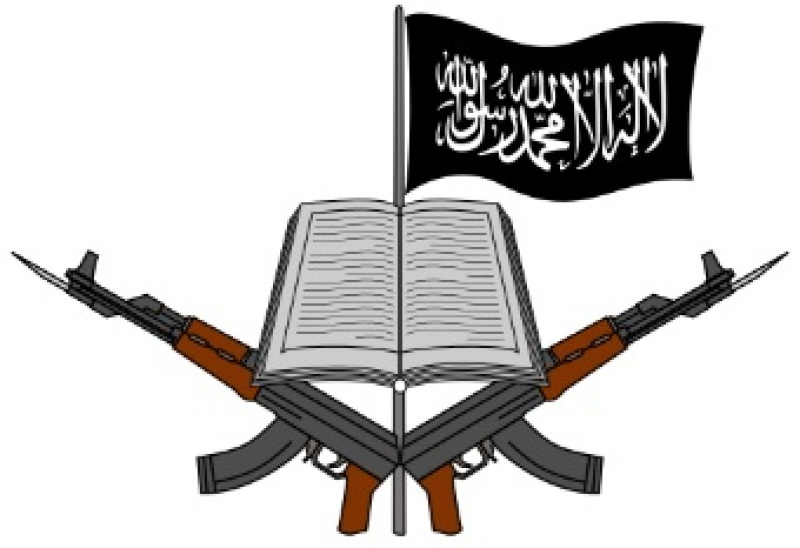
The Islamic rebel group Boko Haram was reported to be receiving funds from the kidnappings in Nigeria based on findings of the Kaduna state government.
According to the International Christian Concern, the Kaduna State Governor Nasir El Rufai have announced on national television that the Boko Haram is receiving funds from the recent kidnappings in Nigeria.
"It has been established that the kidnapping operations (by bandits) are substantially funding Boko Haram activities in the North East. These are insurgents, they are terrorists; they are fighting the sovereignty of Nigeria and we must treat them as such," El Rufai said.
"The bulk of the money is going into terrorist financing; there is a branch of ISWAP called Ansar-Ur that is congregating in the forest in Birnin Gwari, led by a man and their objectives are very similar to Boko Haram, except that they are not against western education," he added.
"Boko Haram has no way of getting any money and some of them have slipped and joined the ranks of the bandits, and together they are doing this to raise a large amount of money."
ICC explained that Boko Haram have been engaged in kidnapping since 2014 beginning with those of 276 Christian school girls from Chibok, Nigeria. Of those abducted, 100 still remains nowhere to be found.
There have been several large-scale kidnappings happening since the beginning of 2021 that were said to be organized by a smaller group of bandits. However, the statement of Rufai zones in on Boko Haram as the main perpetrator of the said kidnappings since they aim to establish an Islamic state in Northern Nigeria.
The Human Rights Watch reported on Monday that the Boko Haram attacks are escalating in Cameroon, Nigeria's towns and villages resulting to 80 civilians dead and looting of hundreds of homes.
Human Rights Watch Africa researcher Ilaria Allegrozzi revealed that the group is "waging a war on the people of Cameroon at a shocking human cost." Allegrozzi said the region is becoming the epicenter of the group's violent activities and suggested that local law enforcements should carry out "a new, rights-respecting strategy to protect civilians at risk."
HRW has been documenting the Boko Haram since the beginning of the year and have interviewed its victims across the region. It has also provided its report to the local government, members of the media, and even the United Nations. The group said that there are thousands of government soldiers deployed in the Cameroon region to prevent the Boko Haram from attacking yet these are still "far too thin to effectively protect civilians" since other vigilante groups are also attacking.
The Council On Foreign Relations Global Conflict Tracker, an independent organization focused on international affairs, reported that there are more than 37,50000 number of people killed by Boko Haram in Nigeria since 2011. The group has left an estimated 2.5 million people displaced in the Lake Chad Basin and nearly 244,000 estimated number of Nigerian refugees.
In March, The Guardian reported that almost 300 schoolgirls were kidnapped by from their boarding school by the group. All the students were reclaimed by the government military after government officials engaged in talks with the kidnappers, which is the third attack in schools in less than three months.
The group has become renowned for its kidnap-for-ransom strategy and was said to have received a total of $11M in for cases 2016 and 2020.




























